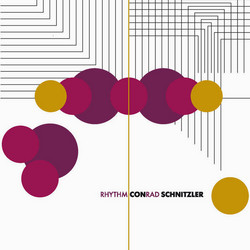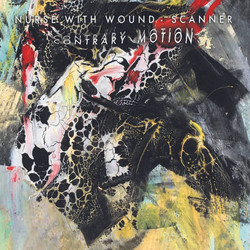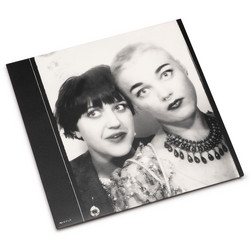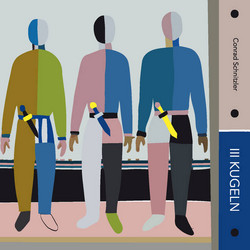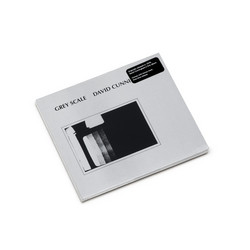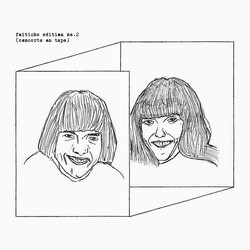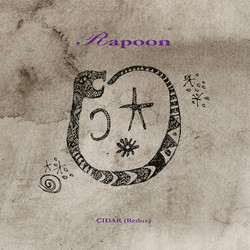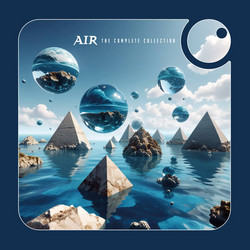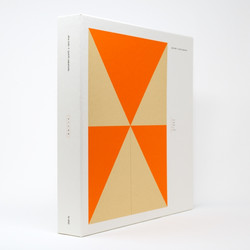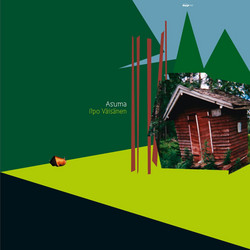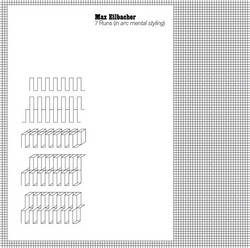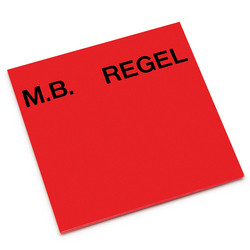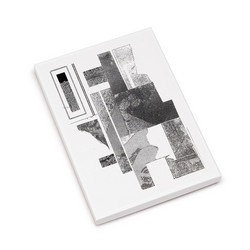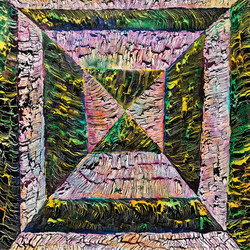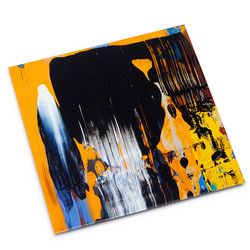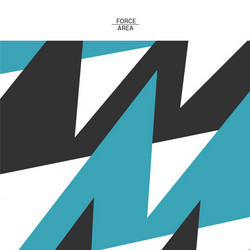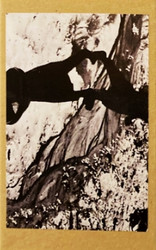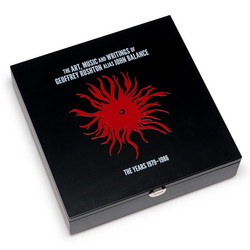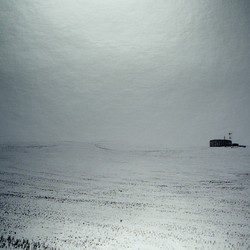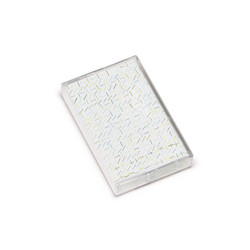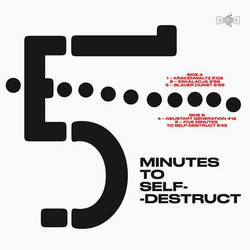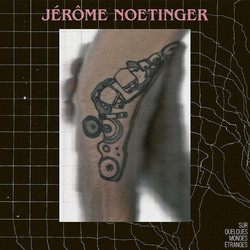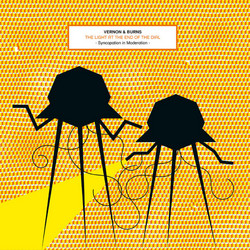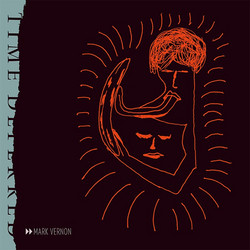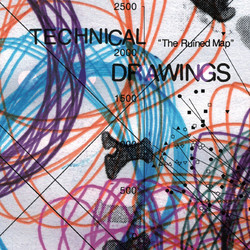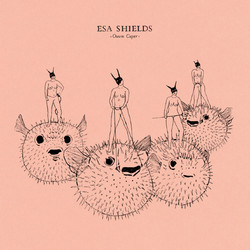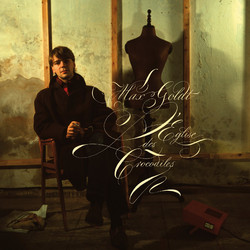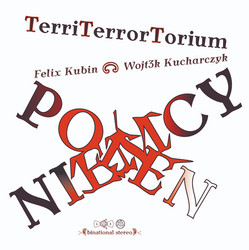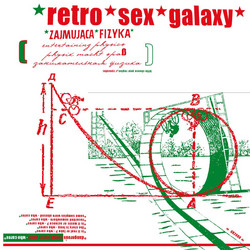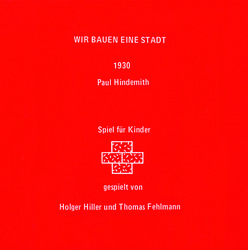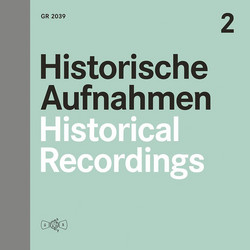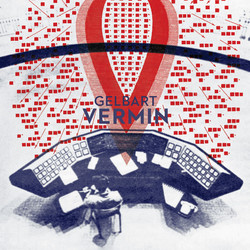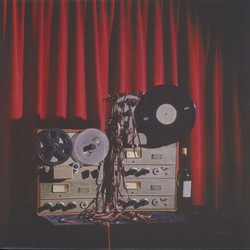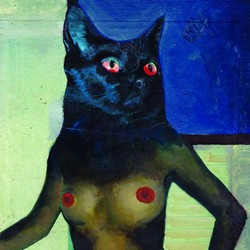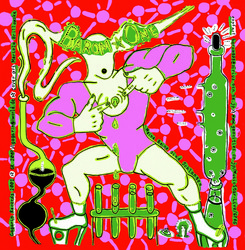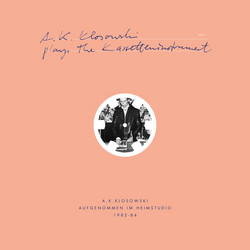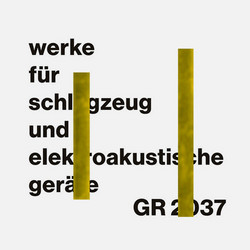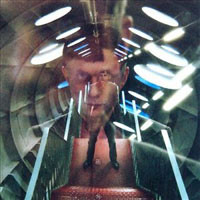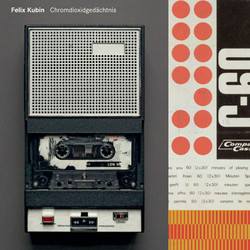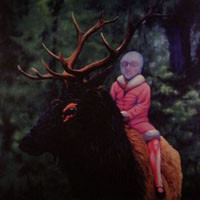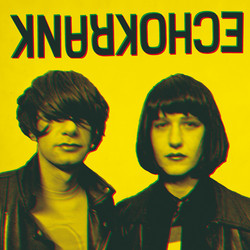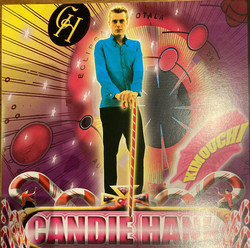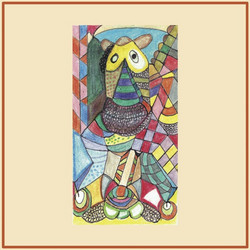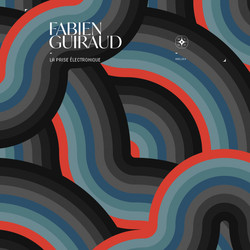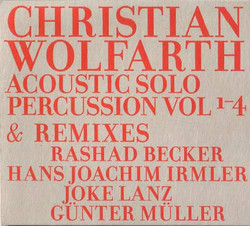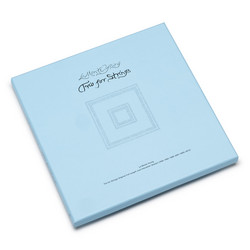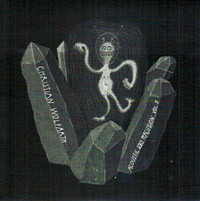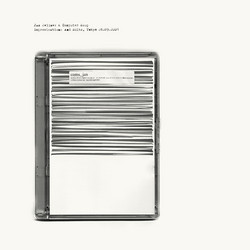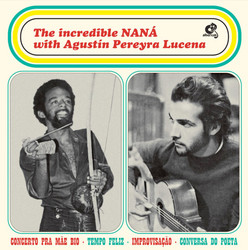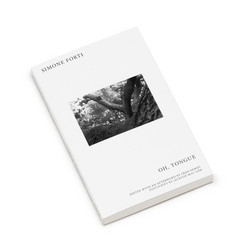Miłosz Pękala, Magdalena Kordylasińska
Werke Für Schlagzeug Und Elektroakustische Geräte (LP)
The compositions "Renaissance Gameboy #1" and #2 (2011) by Felix Kubin were originally written for violin, saxophone, cello, piano, drums and tape. The new versions arranged by the duo transport his pieces into the world of an extended percussion set, with marimba and vibraphone placed in the center. Additionally, several parts were recorded on tape. "Black Page #1" by Frank Zappa features close-miking recordings of guiro, reco-reco, temple blocks and everyday life objects like cups and computer. The pulse generated by dripping water and unusual percussive sets provide a new, intimate interpretation of Zappa's dynamic music. Minimal music has always had a special place in the hearts of the Polish duo. In "Vermont Counterpoint" (1982) by Steve Reich, they replace the orchestra (including flutes) with vibraphone, glockenspiel, marimba and dulcimer. By including Reich's composition on this record, Pękala and Kordylasińska refer to their own musical roots. Repetitiveness can also be heard in a piece entitled "Smells Like Victory" (2016) commissioned to Thymme Jones, the founder of a band called Cheer Accident. The composition is written for marimba, vibraphone, two Chinese gongs, electronics and includes choreography. "Modular #1" (2016) by Miłosz Pękala completes the album. It's based on a rhythmic pattern generated by a modular synthesizer. Ongoing permeation of electronic and acoustic sounds with dynamic narrative creates a fertile ground for the musicians' expression as percussionists and at the same time gives them great pleasure as players.
"This album is a next step in exploring the world of percussive instruments. We recorded it mainly out of urge to present our experience as musicians of the twenty first century surrounded by contemporary art." – Miłosz Pękala & Magda Kordylasińska. The album comes in a special sleeve with golden hotstamp printing designed by Polish musician and artist Macio Moretti. A CD version featuring another track by Felix Kubin is released on ladoabc.com
